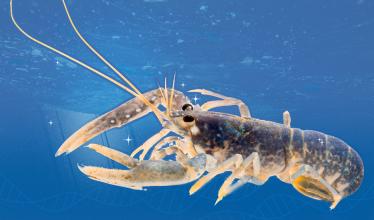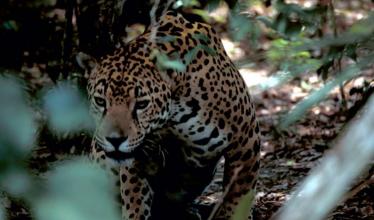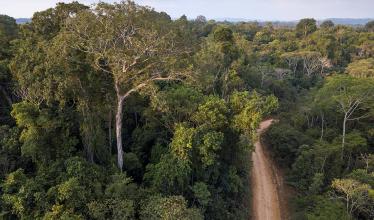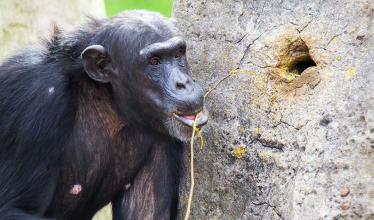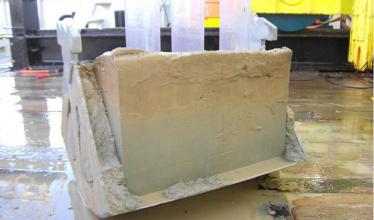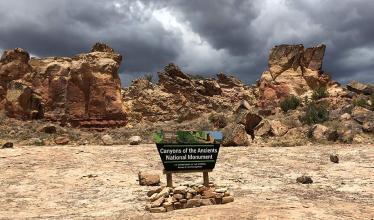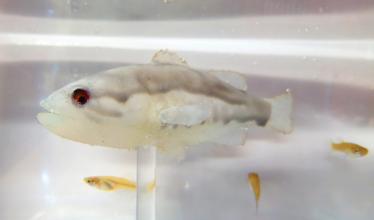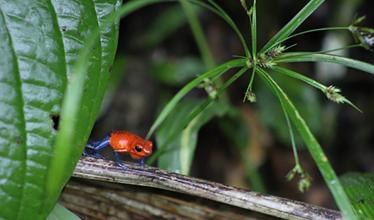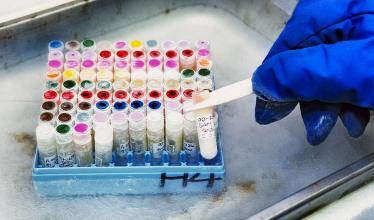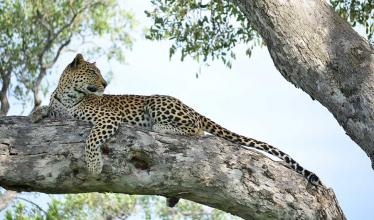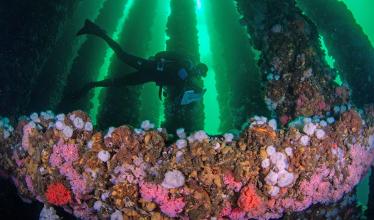Conservation
Examining small molecules that attach to DNA strands can help build a sense of a lobster's age.
Walls, fences and other obstacles hamper the mobility of mammals and birds.
Researchers in Brazil are hunting for unofficial roads -- many of them illegal -- tied to rainforest destruction.
The discovery raises hopes that chimps can adapt to threats such as climate change.
Researchers discover hot spot off the coast of Italy with up to 1.9 million pieces of plastic per square meter.
New research suggests that national monument designations have not harmed local economies, and in some ways they may have helped.
A mechanical predator could stress an invasive species of freshwater fish to the point that they may reproduce less.
Some poison frogs have become used to the warmer temperatures caused by climate change and deforestation, but they’re nearing their limit.
Researchers are freezing cell samples with liquid nitrogen to keep biodiversity alive. Could this be the best way to conserve species for the future?
Study suggests tourists' photos can yield better, cheaper data than traditional methods for studying wildlife.
New research shows how decommissioned oil rigs can become home to an abundance of fish and invertebrates.
Researchers have modified wood not only to make it stronger but to make it capable of cool itselfing, which may lead to energy savings.

